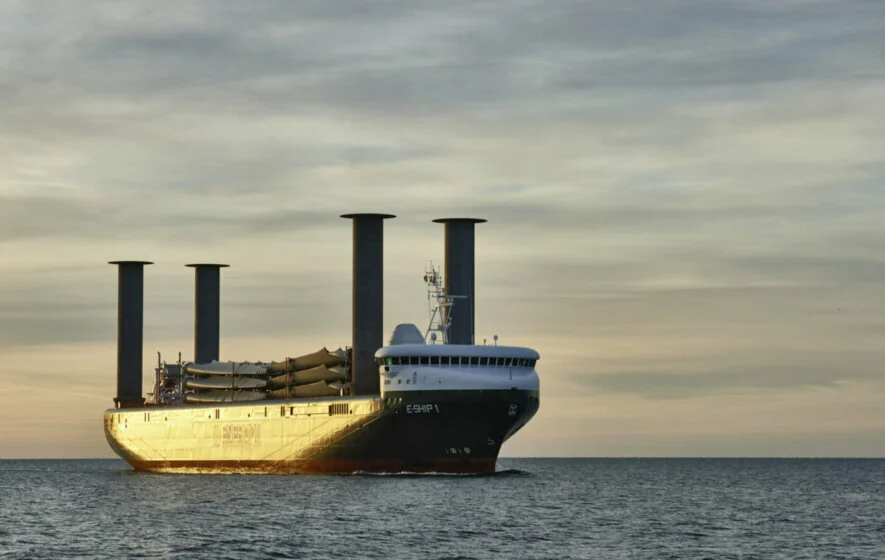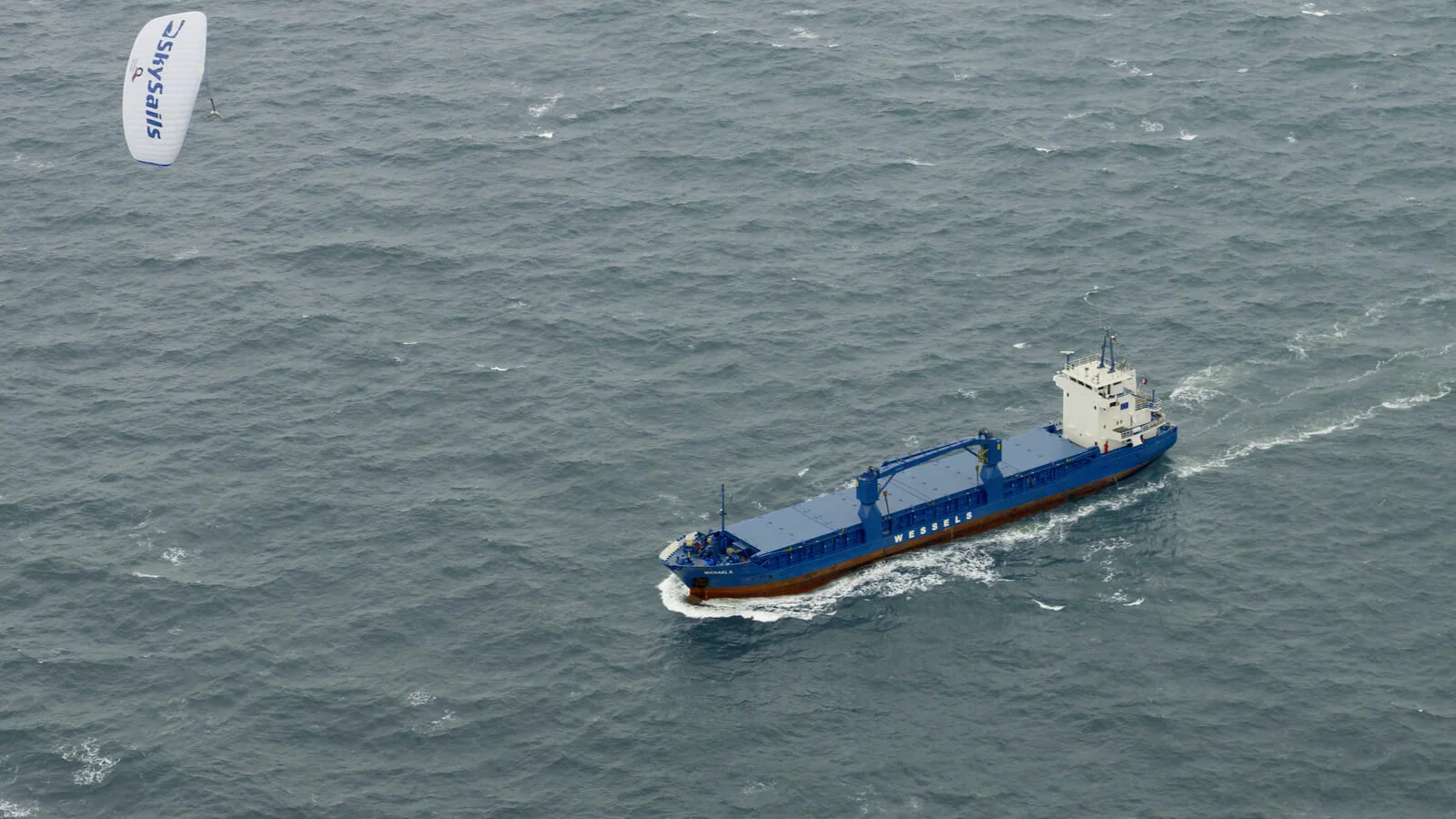Around 13 percent of the carbon dioxide emitted by the world transport sector, or approximately three percent of all global greenhouse gas emissions, is attributable to shipping. Granted, that may not be all that much, but if the global community is to achieve its climate goals, all sectors will have to toe the line. Even shipping.
Ship exhaust fumes are considered to be particularly noxious and harmful to the environment. Before now, shipping companies have almost exclusively relied on heavy fuel oil for propulsion. Compared to petrol or diesel exhaust gases, HFO fumes contain more nitrogen oxides, sulphur oxides and other pollutants. For this reason, inland shipping often turns to its lower-emission pendant – marine diesel oil. However, not only environmental associations, but also local residents of ports and waterways are calling for shipping to become cleaner.
Ideas for alternative ship engines abound and whilst some concepts require more research, others have long since left the drawing board and are being put to good use on the high seas. For example, some shipping companies have adapted their vessels to run on alternative fuels. Others have opted to revisit the origins of seafaring and take advantage of ocean winds. Although, those talking of a return to the sailing age are surely mistaken …
photo credit: MD_Photography, shutterstock.com





